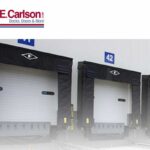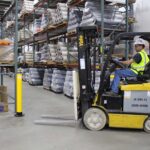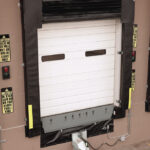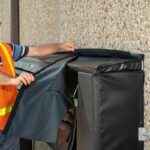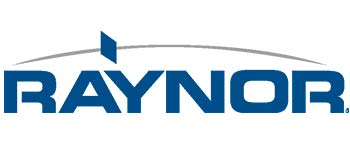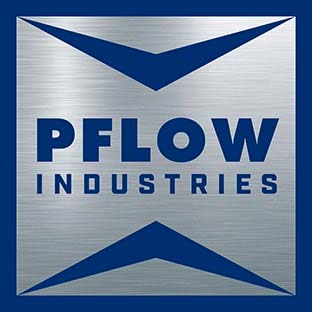One of the most important aspects of running a successful business is keeping your employees safe on the job. Employee injuries can lead to insurance increases and lawsuits that can eat into your profits and damage your company’s reputation. Did you know that nearly 100,000 workers every year suffer from forklift injuries? Many injuries, such as whole body vibration and back strain, are caused by drivers continually going over uneven surfaces when transitioning from trucks to warehouses. Dock levelers can create a smoother surface, reducing the amount of jarring and limiting the risk of accidents and fork truck injuries.
What Is Whole Body Vibration?
As the forklift moves back and forth from the warehouse floor to the bed of the truck, it goes over a very uneven surface and vibrates uncontrollably. This constant jarring causes the driver to experience whole body vibration, also known as dock shock, which can lead to significant muscle and spine disorders. These fork truck injuries may not seem as severe as damage from overturning or crashing, but the fact is that 32 percent of employee absences are due to musculoskeletal disorders. Back problems due to forklift injuries can be extremely expensive in terms of lost production, medical costs, and property damage.
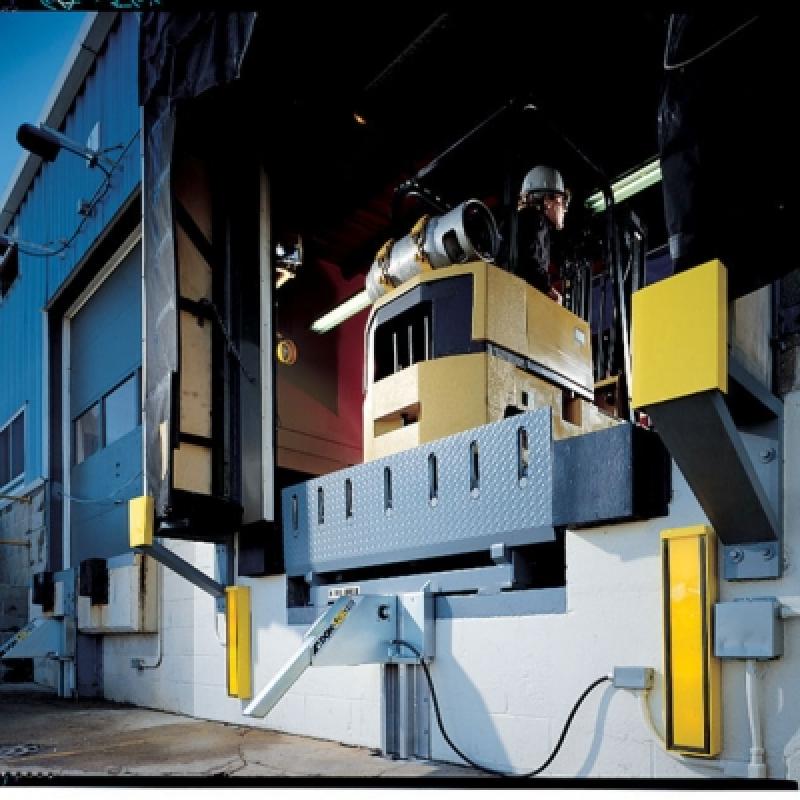
Dock Levelers and Injury Reduction
Dock levelers help create a safer environment for your forklift operators, reducing whole body vibration. Creating a smooth surface not only protects your workers from dock shock injury, it also limits the amount of wear and tear on your equipment and helps reduce expensive repairs. One study showed that smoothing the driving surface can reduce the amount of vibration by 39 percent. Making the effort to improve the truck-to-warehouse transition pays off with fewer forklift injuries, reduced equipment damage, and improved employee health and morale.
Types of Dock Levelers
Generally, dock leveling mechanisms are divided into two categories: hydraulic and mechanical. You can also find air-powered dock levelers. Hydraulic levelers usually work automatically and have push-button controls. Mechanical levelers are operated with a pull chain. While there are unique advantages to both types of equipment, the key is choosing the one that best fits your company’s warehouse operations. Here are some important aspects to consider:
- Hydraulic levelers tend to be more expensive than mechanical ones but usually last longer.
- Mechanical levelers require hands-on operation, but there is no risk of the push-button starting mechanism failing.
- Hydraulic levelers can handle heavier loads, but generally require more maintenance than mechanical levelers over the long term.
As you can see, there are many factors involved in choosing mechanical or hydraulic equipment. You may also want to consider an air-powered leveler, which offers a semi-automatic middle ground between the manual operation of a mechanical version and completely automatic operation of a hydraulic leveler.
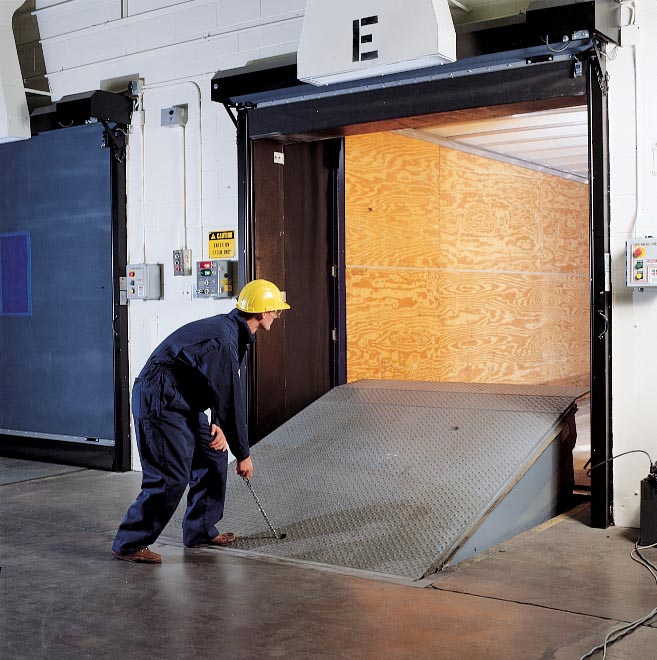
Take the First Step Toward Forklift Safety
Although whole body vibration may not seem as serious as forklift accidents, your employees may still deal with significant forklift injuries from dock shock. Dock levelers can smooth the transition between the warehouse and truck floor, reducing fork truck injuries and increasing the overall safety of your company’s operations. W.E. Carlson offers mechanical, air-powered, and hydraulic levelers to maximize the safety of your worksite. Contact us today to find the best solution for your unique needs.


